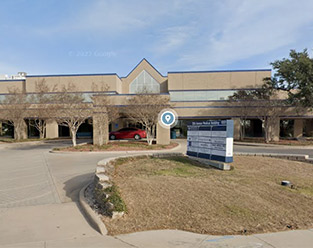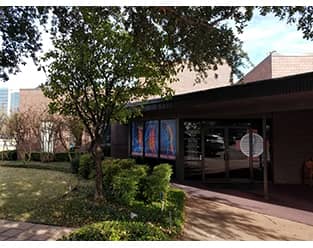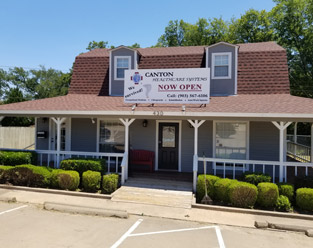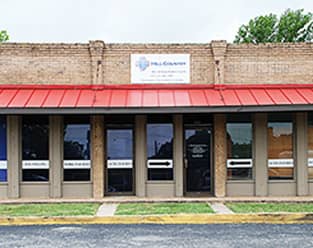Study Concludes the Problem Is Widespread
 According to a comprehensive study conducted by the University of Pittsburgh Medical Center (UPMC) Sports Medicine Concussion Program, as many as three million athletes suffer a concussion during competition every year. About one in ten of those are tied to football. Shockingly, though, the study found that approximately half of the concussions were either unreported or undetected.
According to a comprehensive study conducted by the University of Pittsburgh Medical Center (UPMC) Sports Medicine Concussion Program, as many as three million athletes suffer a concussion during competition every year. About one in ten of those are tied to football. Shockingly, though, the study found that approximately half of the concussions were either unreported or undetected.
What Is a Concussion?
A concussion is a kind of traumatic brain injury caused by impact to the head or jolting or shaking of the head and neck. A blow or bump to the head can cause the brain to bounce off the skull, which can lead to bruising, internal bleeding, and swelling. Medical professionals often refer to a concussion as a “mild traumatic brain injury,” but it can have serious consequences.
How Do You Know If You Have Suffered a Concussion?
Common symptoms of a concussion include:
- Persistent headaches or pressure in your head
- Dizziness, vertigo, balance problems, or double vision
- Nausea or vomiting
- General mental confusion, characterized by memory problems or difficulty concentrating
- Greater sensitivity to harsh light or sounds
- Sluggishness or lack of focus
- Uncharacteristic mood or behavioral swings
When Should You Seek Treatment?
Any bump to the head should be taken seriously due to the possibility of brain bleed or inflammation that can reduce oxygen to the brain. If you lose consciousness, you should seek immediate medical attention. Furthermore, if you suffer a seizure or loss of memory, go to a hospital or urgent care facility, or see your personal physician right away.
Many individuals who experience a blow to the head have nagging side effects for a few days or even up to a couple of weeks. If the classic symptoms of a concussion (listed above) persist for more than 7-10 days, you need to seek treatment.
Contact Us to Set Up an Appointment
At Advantage Healthcare Systems, we have extensive experience working successfully with individuals who suffer a concussion or other type of traumatic brain injury (TBI). Call us toll-free at 1-877-487-8289 or fill out the form provided below to schedule an assessment. We offer locations across Texas, including Fort Worth, Dallas, and San Antonio.





